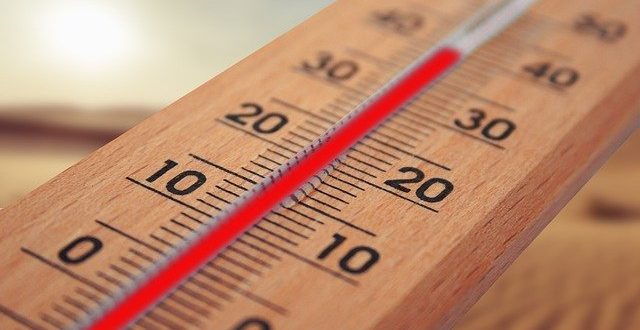Web Desk — A new research from the University of Michigan makes stunning revelations that as a result of increasing temperatures caused by manmade climate change the allergy seasons are likely to become longer and grow more intense.
According to the research team, pollen emissions will begin 40 days earlier in the spring by the end of this century than they did between 1995 and 2014. There may be an additional 19 days of high pollen counts for seasonal allergy sufferers before the season ends.
Moreover, increasing temperatures and CO2 levels could result in a 200% increase in pollen emissions each year.
“Climate change is making pollen-induced respiratory allergies more prevalent,” according to Yingxiao Zhang, first author of the Nature Communication paper and a graduate student research assistant in climate and space sciences and engineering at the University of Michigan. “The findings of this study can serve as a starting point for further research papers into the impact of climate change on pollen and corresponding health effects,” he added.
The U-M researchers created a model that examines 15 of the most common pollen allergy types and how expected changes in temperature and precipitation will affect their production.
Allergy symptoms range from the mildly irritating, such as watery eyes, sneezing, or rashes, to more serious conditions, such as difficulty in breathing or anaphylaxis. According to the Asthma and Allergy Foundation of America, 30% of adults and 40% of children in the U.S. suffer from allergies.
Climate change affects grasses, weeds, and trees that produce pollen. Higher temperatures cause them to bloom earlier than usual. Global warming can also cause more pollen to be produced.
Dr. Allison Steiner, professor of climate and space sciences and engineering at the University of Michigan, said her team’s model could eventually allow for allergy season predictions based on geographical location.
“We are hoping to incorporate our pollen emissions model within a national air quality forecasting system to provide improved and climate-sensitive forecasts,” she said.
(The research was supported by the National Science Foundation.)




